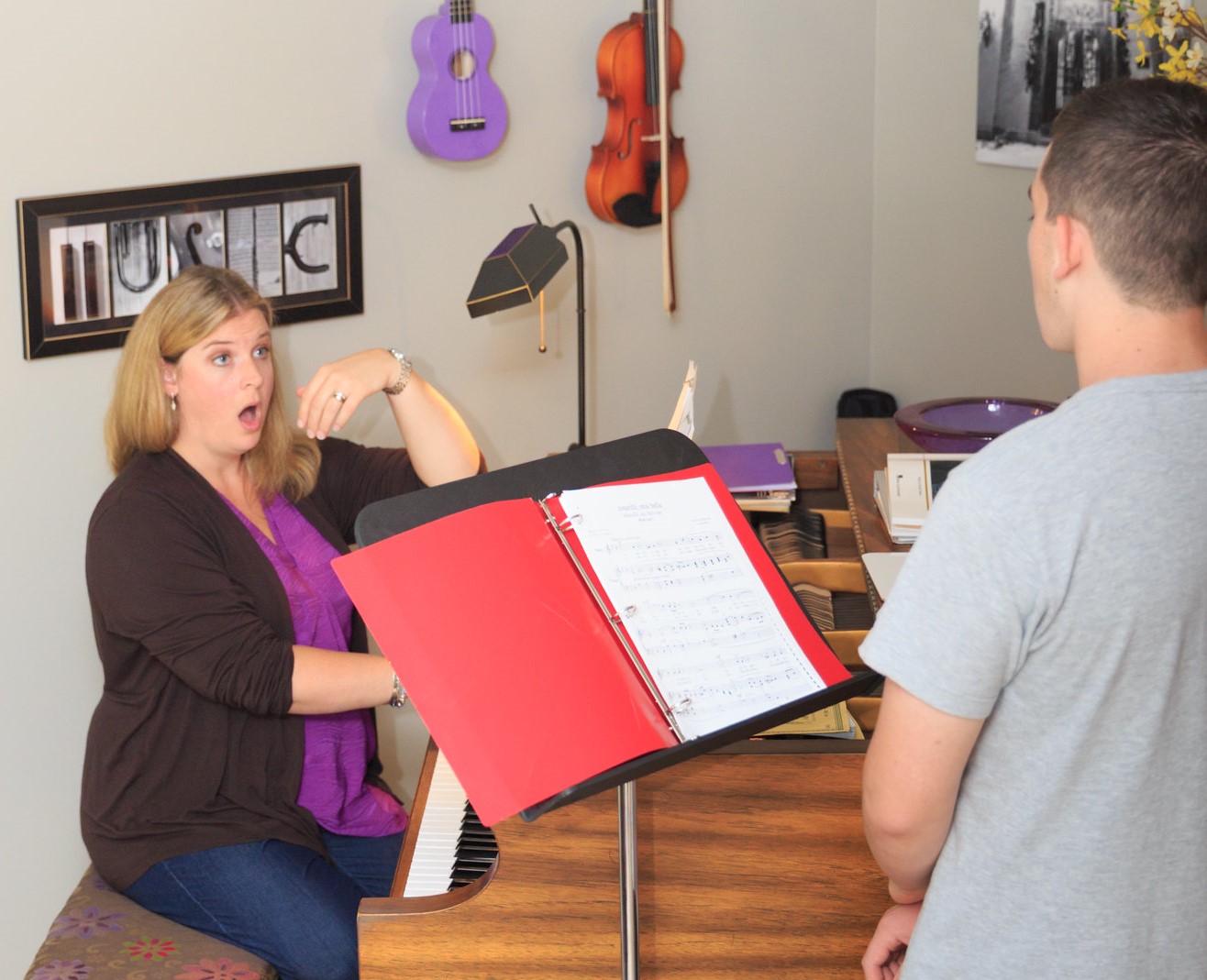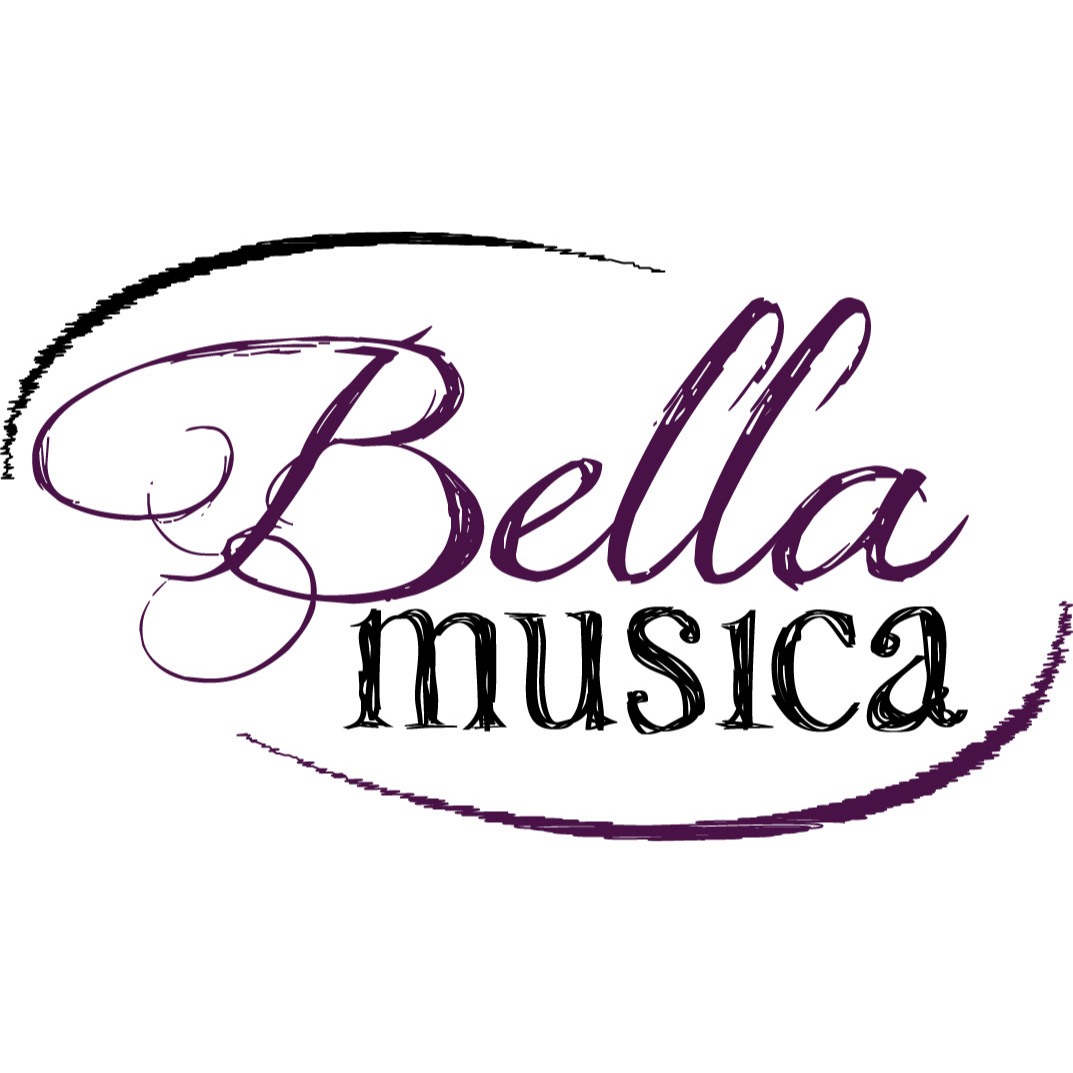What is a performance?
Simply, a performance is something you do in front of others on purpose. More specifically for our purposes, it is demonstrating your skill on your musical instrument through preparing a piece or pieces that you are proud to share with an audience (no matter the size).
Performances can take many different forms and have a variety of requirements. I have thought of seven types. There could be more, I’m sure, but here are the ones in which my students have the opportunity to participate and a bit about each type.
- Traditional Recitals
- Students prepare and play or sing for their family and friends and their peers in the studio. There is typically a printed program with the pieces and students listed and a “formal feel” to the event.
- Casual or Non-Traditional Recitals
- Students come together with each other and friends and family to perform a piece or pieces they have been working on and are ready to share with others. The selections are prepared to the same level as the traditional recital, but the environment is typically more casual and a little less intimidating.
- Studio Classes
- These events are designed to be a fun, group learning experience. Studio class performances are not usually open to friends and family. Pieces performed at studio class are not quite performance ready, but showcase parts that are already mastered and areas that still need work. Working with individuals in front of their peers provides learning opportunities for all that are in the class.
- Master Classes and/or Workshops
- Pieces performed at these events are performance ready or close. These opportunities are very much like a group lesson. Students perform their piece and then a teacher or clinician works with them on a variety of things in front of the group. Sometimes, but not always, the group is involved in the learning too!
- Festivals
- Music festivals like the National Federation of Music Clubs event that our students participate in every March or the State Solo and Ensemble events that students can register for through their schools are non-competitive adjudicated events. Students prepare a piece or pieces to perform for judges who provide feedback and a score. The students strive for their personal best each year, and, in some events, are awarded trophies, medals, or ribbons based on an accumulated point system.
- Competitions and Award Auditions
- These events are competitive adjudicated events. Students prepare a piece or pieces to perform for judges who then provide feedback and a score. Then students are ranked and may be awarded a monetary amount corresponding to their rank in their category. Check out the Dayton Music Club to find out more about local award auditions and competitions.
- Role Auditions
- These are performances with the desired outcome being a role in a show, chair in an orchestra, or position in a band, etc. This performance is like a job interview. Applicants need to be performance ready and presenting their best selves, highlighting the things that they can do that the job/role requires
Want to find out what studio-sponsored or promoted performance opportunities are coming up? Check out the events on our Facebook page!
NOT TAKING LESSONS YET?
BECOME A MEMBER
If you are interested in voice or piano lessons and are ready to find out all the details. Hope on over to our Memberships page and choose the one that fits you! And if you aren’t sure what you need, let’s figure it out!




